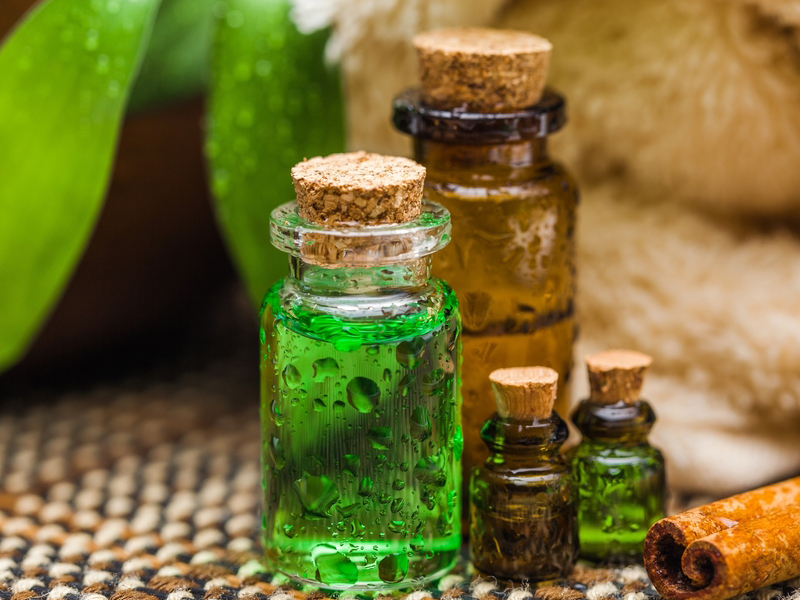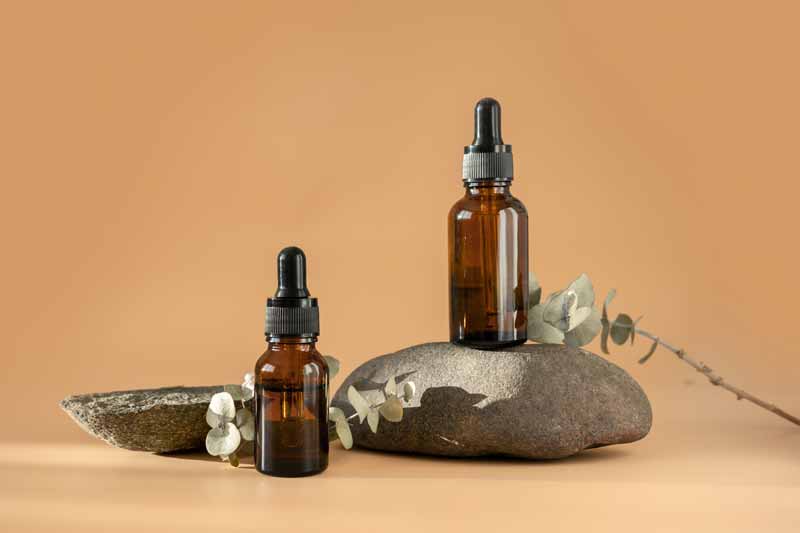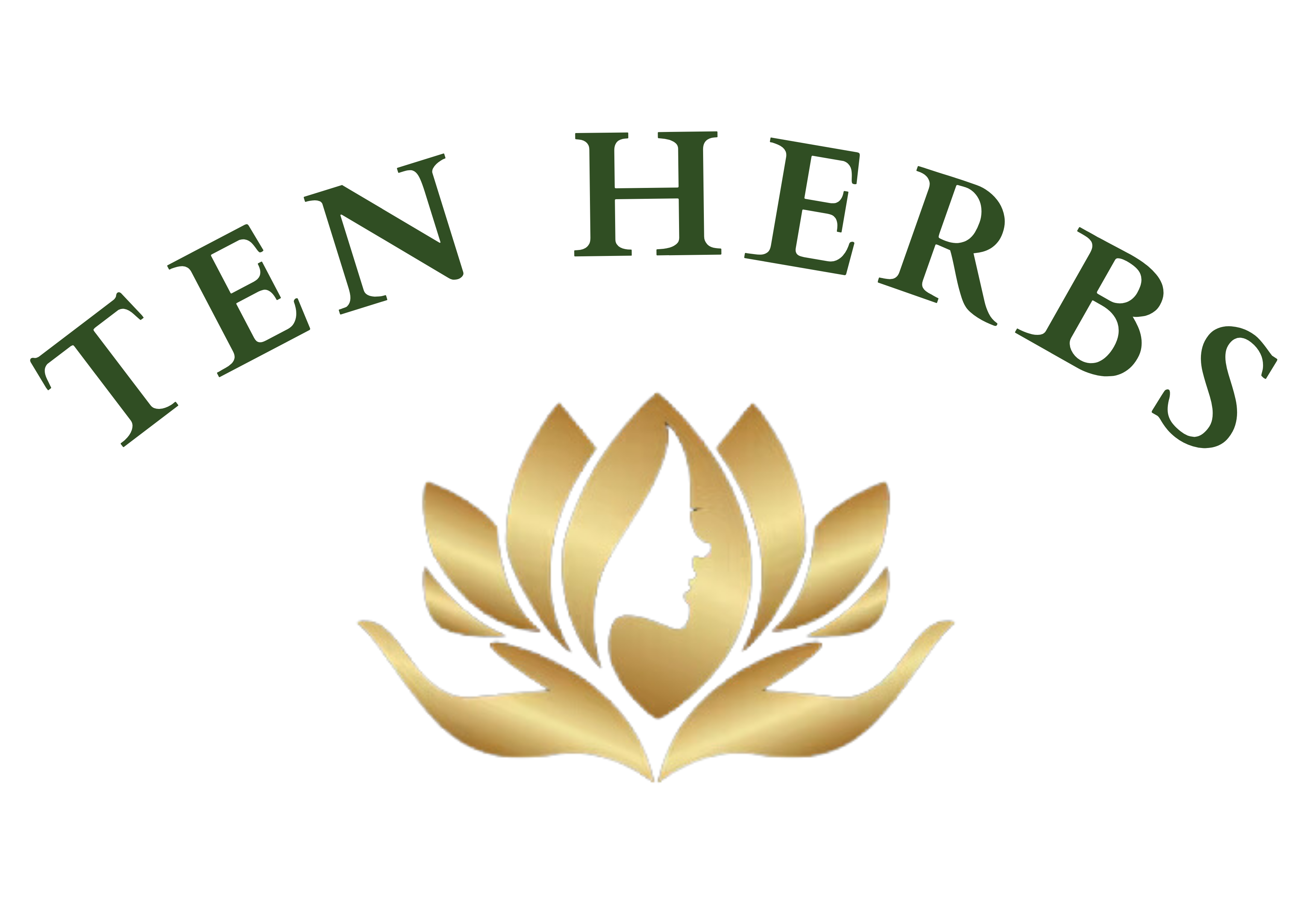Tea tree oil has been widely recognized for its numerous medicinal benefits, particularly in skincare and scalp treatment. Extracted from the leaves of Melaleuca alternifolia, a plant native to Australia, this essential oil has gained popularity for its antifungal, antibacterial, and anti-inflammatory properties. Many hair care enthusiasts and dermatologists recommend tea tree oil as a natural remedy for issues like dandruff, scalp infections, and even hair loss. But is it truly effective? Let’s explore its benefits, applications, precautions, and expert insights.
Benefits of Tea Tree Oil for Hair

One of the primary reasons people turn to tea tree oil for hair care is its ability to maintain a healthy scalp environment. A clean and balanced scalp is essential for strong, healthy hair growth. Tea tree oil helps in several ways.
Reduces Dandruff and Scalp Irritation
Dandruff is often caused by the overgrowth of Malassezia, a yeast-like fungus that feeds on the scalp’s natural oils, leading to flaking and itching. The antifungal properties of tea tree oil can help combat this problem. A study published in the Journal of the American Academy of Dermatology found that shampoos containing 5% tea tree oil significantly reduce dandruff severity without causing adverse side effects.
Dr. Marisa Garshick, a board-certified dermatologist in New York, explains, "herbal oil is antibacterial and antifungal and can help alleviate a variety of scalp conditions and concerns while bolstering overall hair and scalp health." She recommends its use for those experiencing mild to moderate dandruff.
Promotes Hair Growth
Although tea tree oil is not a direct stimulant for hair growth, it creates an optimal environment for hair follicles to thrive. By unclogging hair follicles and improving blood circulation to the scalp, it encourages healthier and stronger hair growth. The oil’s anti-inflammatory effects also help soothe conditions like seborrheic dermatitis, which can hinder hair development.
Dr. Syed Ghulam Abbas, a dermatologist from Pakistan, highlights that "proper scalp care, including the use of antimicrobial oils like tea tree oil, can support hair health. However, consistency in usage and maintaining a balanced diet are equally important."
Controls Excess Oil and Prevents Scalp Acne
An overly oily scalp can lead to issues such as clogged hair follicles, scalp acne, and fungal infections. Tea tree oil regulates sebum production, preventing excessive oil buildup while keeping the scalp hydrated. It also helps eliminate bacteria that contribute to scalp pimples and irritation.
Prevents Lice Infestation
Tea tree oil has been studied for its ability to repel lice. Some research suggests that it can kill lice and their eggs when combined with carrier oils. This makes it a useful ingredient in natural lice treatment solutions.
How to Use Tea Tree Oil for Hair

Incorporating tea tree oil into your hair care routine requires proper dilution and application. It should never be applied directly to the scalp, as undiluted tea tree oil can cause irritation and allergic reactions. Here are some effective ways to use it.
Adding Tea Tree Oil to Shampoo
One of the simplest methods is mixing a few drops of tea tree oil into your regular shampoo. To prepare this, add about 10 drops of tea tree oil to 250 ml of shampoo and shake well. Each time you wash your hair, use this blend, letting it sit on your scalp for a couple of minutes before rinsing thoroughly. This method is highly effective for treating dandruff and maintaining a clean scalp.
Scalp Treatment with Carrier Oils
For deeper nourishment, tea tree oil can be diluted in carrier oils like coconut oil, jojoba oil, or almond oil. To prepare a scalp treatment, mix 5 drops of tea tree oil with 30 ml of a carrier oil. Gently massage this mixture into your scalp, ensuring even distribution. This treatment can be left on for at least 30 minutes before washing it out. Some people prefer leaving it overnight for enhanced absorption.
Tea Tree Oil Hair Mask for Hydration and Repair
A hair mask infused with tea tree oil can provide additional hydration while treating scalp conditions. To make an effective mask, mix 5 drops of tea tree oil with 2 tablespoons of aloe vera gel and 1 tablespoon of coconut oil. Apply this mixture evenly across the scalp and hair, allowing it to sit for 30 minutes before rinsing with lukewarm water. This method is especially beneficial for individuals with a dry or flaky scalp.
Safety Measures for Using Tea Tree Oil on Hair
While tea tree oil offers various benefits, it must be used with caution. Dermatologists strongly advise against applying undiluted tea tree oil directly onto the scalp, as it can cause redness, itching, or even chemical burns in some individuals. A patch test is always recommended before widespread application.
Excessive use of tea tree oil can also lead to dryness. If you notice increased scalp irritation, reduce the frequency of application or use a more hydrating carrier oil like argan oil or olive oil.
For individuals with sensitive skin or pre-existing scalp conditions, consulting a dermatologist before incorporating tea tree oil into their routine is advisable. Dr. Garshick notes, "Though tea tree oil can be a great addition to scalp care, those with eczema or very sensitive skin should be cautious, as essential oils can sometimes trigger adverse reactions."
Conclusion
Tea tree oil is undoubtedly a powerful natural remedy for maintaining scalp health. From reducing dandruff and soothing irritation to promoting a cleaner, balanced scalp environment, its benefits are well-supported by dermatologists and scientific studies. However, proper application and dilution are essential to avoid potential side effects.
For those looking for a natural way to maintain scalp hygiene, tea tree oil can be an excellent addition to their hair care regimen. Whether used in shampoo, as a scalp treatment, or in a nourishing hair mask, its antimicrobial and soothing properties make it a valuable ingredient for overall hair and scalp health.
As with any natural remedy, individual results may vary, so monitoring how your scalp responds and adjusting usage accordingly is key to achieving the best results. If you experience persistent scalp issues, consulting a dermatologist for a tailored hair care plan is always the best approach.
